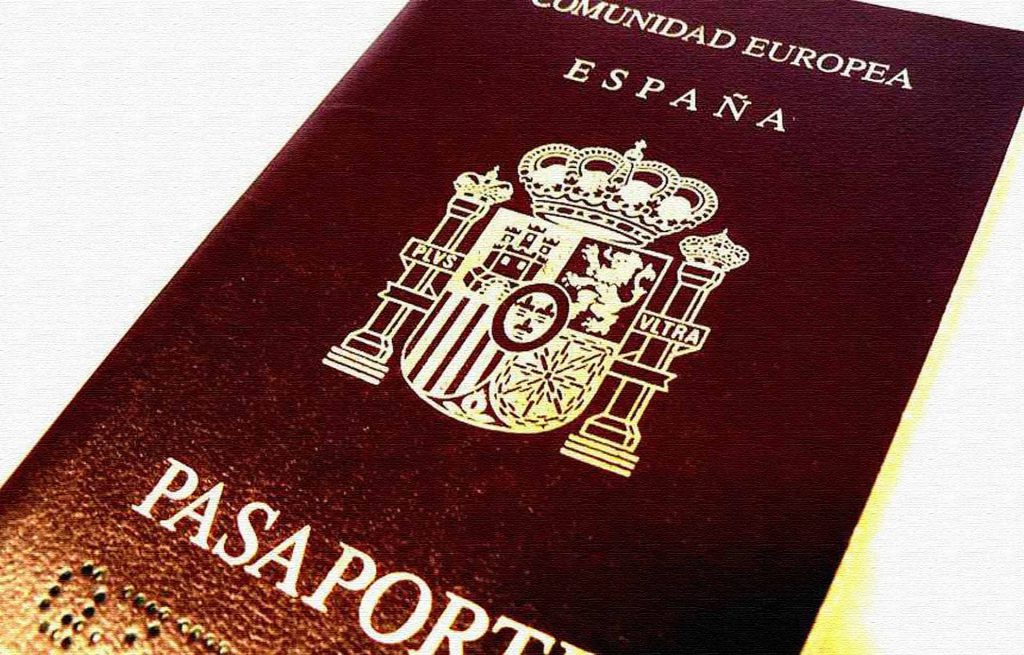Residence permit in Spain


Spanish law provides for a certain number of residence permits. It is possible to extend the residence permit of each type only if you stay in the country for at least 6 months every year.

1) Initial residence permit
A residence permit in Spain of this type is granted to all foreigners who have got the right to stay in Spain, the period of which ranges from 6 months to 1 year on a “D” visa. Lasts a maximum of one year. In the future, the period can be extended. The condition for extending the original residence permit is an employment contract or a copy of the contract (certificate) from the university. Or documents that confirm the operation of an enterprise opened by a foreigner and the payment of taxes by him. The minimum term of a residence permit is limited by the period of validity of the employment contract or the time of study at the university. After a second renewal, it is possible to apply for a regular residence permit in the Kingdom of Spain.
2) Ordinary residence permit in Spain
It is granted after the expiration of 3 years of stay in Spain. The period of validity lasts only 3 years, after which it can either be extended for another 3 years, or apply for a permanent residence permit. Previously, this category included legal illegal immigrants, although illegal immigrants during periodic amnesties were required to document their stay in Spain during the specified period. Today, under Spanish law, illegal immigrants are at risk of being deported.
3) Residence permit in Spain upon family reunification
Such a residence permit can be got by spouses of foreigners (or officially registered cohabitants), as well as minor children from a current or previous marriage. If earlier this residence permit did not foresee the possibility for invited persons to officially work, now, under the latest changes in Spanish migration legislation, the invited spouse, together with children over 16 years old, immediately receive the right to employment. Regarding reunification with parents, there are two nuances. The first is that the invite must legally stay in Spain for at least 5 years, and the second is the retirement age of the parents, at least 65 years.
This residence permit is also issued to foreign women who marry Spaniards. Here, you can apply after 2 years of residence in Spain. This requires evidence that the marriage was not fictitious, but real. The consideration process takes a long time (up to 3 years), and it is important that at the time of the announcement of the decision on this issue, the marriage was valid.
4) Permanent residence permit in Spain (permanent residence)
A permanent residence permit is granted to the following categories of foreigners:
- foreigners who legally stay in the state's territory for 6 years;
- foreigners who have a special work permit;
- children of foreigners who were born in Spanish territory and lived here for at least 3 years (until the age of majority, in total);
- children of foreigners who have been under the care of Spanish social organizations or services for the past 3 years;
- repatriates and refugees who have proven their status (that is, they have been on Spanish territory for 3 years and have official confirmation of the persistence of the emergency in their country of which they were citizens);
- foreigners who receive a pension from social or pension funds in Spain, for old age, seniority, disability, etc.
The validity of permanent residence is unlimited, but every 5 years it must be renewed. After 10 years, a foreigner who has a permanent residence in Spain may apply for Spanish citizenship.
Temporary residence permit without the right to work
It is possible to get a residence permit in Spain without the right to work for foreigners, even with an average income, having sufficient financial resources for a normal, decent living.
Sufficient funds mean income determined based on the financial indicator IPREM Indicador Público de Renta de Efectos Múltiples. For 2014, it was set at 532.51 euros. The total family income must be such that for the first family member the income is at least 400% of IPREM, i.e. 2130.04 euros, and for each subsequent (including children) - at least 100% of IPREM, i.e. 532.51 euros per month respectively.
Also, in September 2013, the Entrepreneurship Support Law 14/2013 was issued, which establishes the right of foreign citizens to a simplified procedure for obtaining a residence permit without the right to work, provided that they purchase real estate worth at least 500,000 euros.
Making such a purchase does not automatically mean getting a residence permit. Each case is considered by the Spanish authorities individually.
Getting citizenship (citizenship) of Spain
The following categories automatically receive citizenship:
- direct descendants of Spanish subjects
- children born in Spain, about whose parents there is no information;
- children of foreigners with unknown nationality;
- children who were adopted by Spanish citizens
- all others need to apply for Spanish citizenship.
According to the law, the application is submitted after ten years of legal residence in Spanish territory and can be approved if there are no criminal records in Spain and if registration with the municipality is required.
Exceptions are made for citizens of Latin America (Mexico, Cuba, Venezuela, etc.), Andorra, Equatorial Guinea, Portugal and the Philippine Islands.
Dual citizenship in Spain
Spanish laws provide for the possibility of dual citizenship only for citizens of the states of Portugal, the Philippine Islands, Latin America, Andorra and Equatorial Guinea, as well as several other states. Dual citizenship can be held by "children of war", descendants of Spaniards who have been outside Spain since the Second World War.








